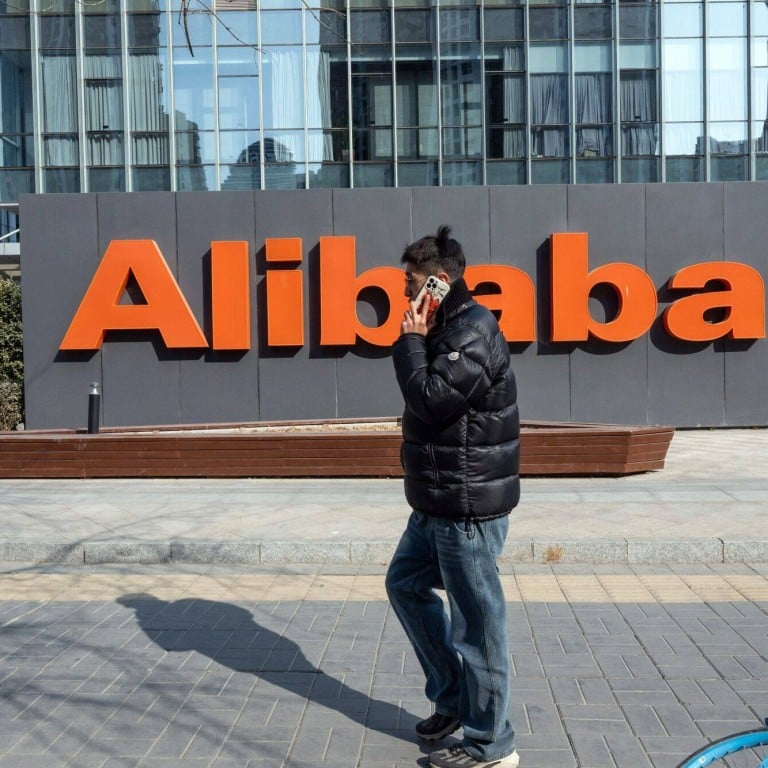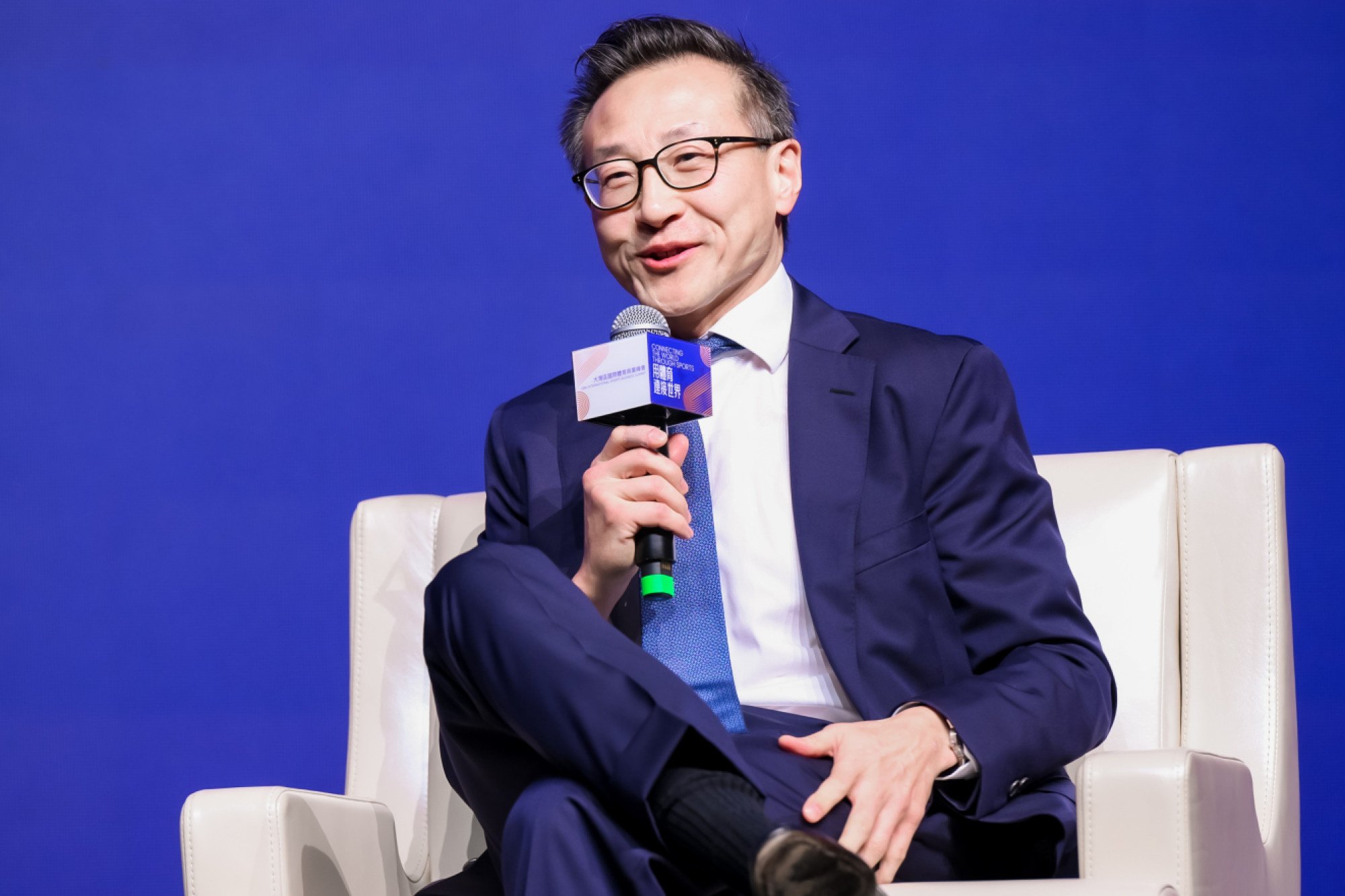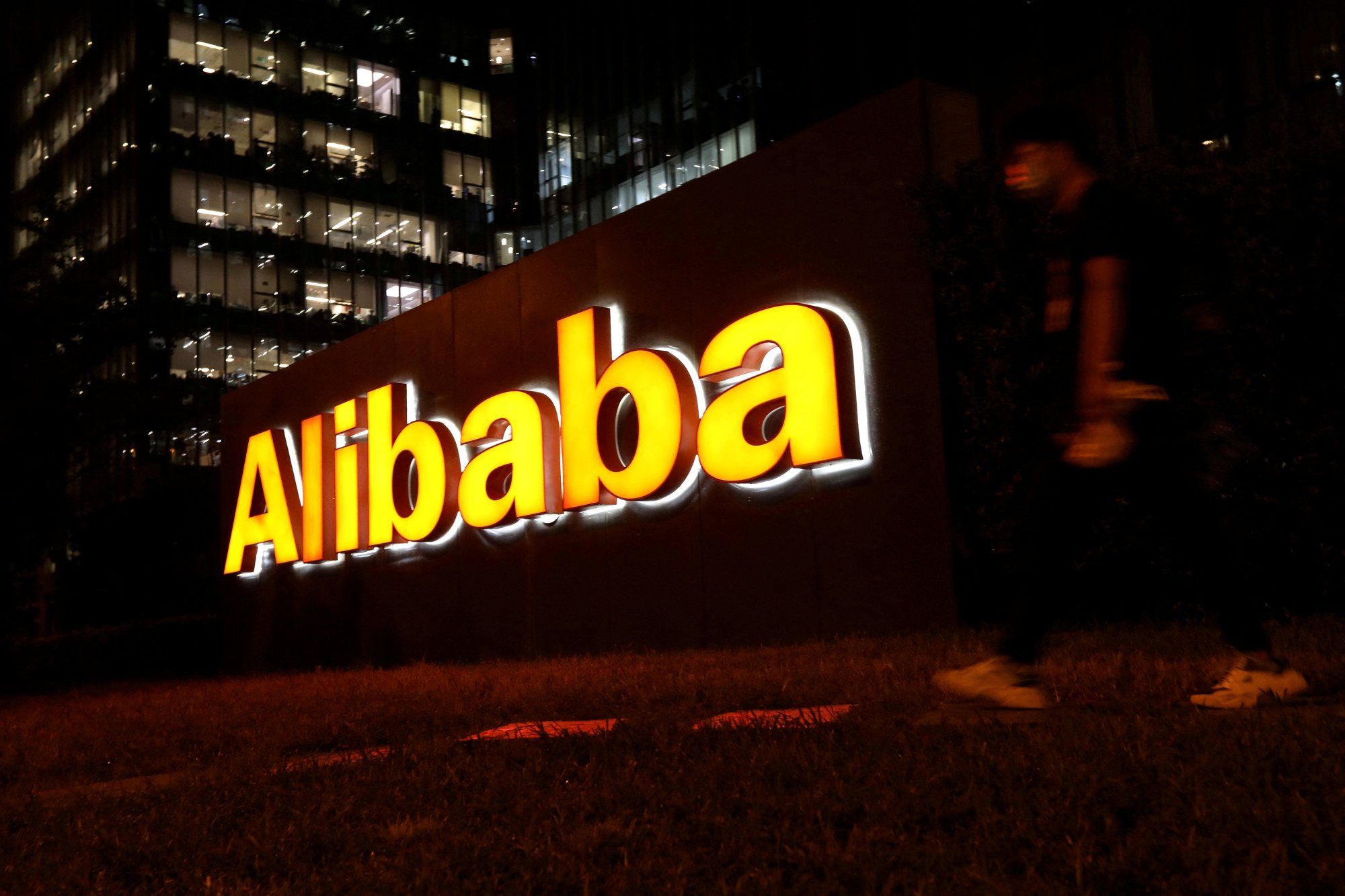
Alibaba scraps Hong Kong IPO plan for logistics unit Cainiao as it eyes synergy with e-commerce
- The Hangzhou-based e-commerce giant said it will invest up to US$3.75 billion to buy the remaining shares from minority shareholders of Cainiao
- Alibaba chairman Joe Tsai said the company had decided to double down on strategically important logistics unit
Alibaba Group Holding has decided to withdraw the initial public offering (IPO) for its logistics operation Cainiao in Hong Kong, and has offered to buy all remaining shares in the unit, in a major change that seeks to achieve synergy between its delivery arm and core e-commerce operations.
The Hangzhou-based e-commerce giant said in a filing to the Hong Kong stock exchange on Tuesday that it will invest up to US$3.75 billion to buy the remaining shares from minority shareholders of Cainiao Smart Logistics Network Ltd in a departure from an earlier plan to list the unit in Hong Kong. Alibaba currently owns 64 per cent of Cainiao.
After completion of the offer, Alibaba “plans to align part of Cainiao’s business to better realise strategic synergies with Taobao and Tmall Group and Alibaba International Digital Commerce Group, as well as support Cainiao to execute a long-term strategic expansion of its global logistics network,” the company said in the statement on Tuesday.
Alibaba suspends ‘mom and pop’ platform LST as consolidation continues
The decision comes four months after Alibaba walked away from an earlier plan to spin off its cloud unit. In a sweeping restructuring plan unveiled in 2023, Alibaba said at the time it would seek an IPO for Cainiao, and the unit submitted an A1 filing to the Hong Kong stock exchange last September.
In the statement on Tuesday, Alibaba chairman and co-founder Joe Tsai said that Alibaba had decided it was an appropriate time for the company “to double down on its investment in Cainiao”, given the unit’s “strategic importance”.
In a conference call on Tuesday evening, Tsai said it was crucial for the company to achieve deep integration between Cainiao’s operations and its e-commerce businesses to provide “the most competitive consumer experience”.
Hong Kong sees 30% more IPO applicants, HKEX CEO Bonnie Chan says
“Our priority is clear. We want to win in e-commerce by regaining market share and driving growth,” he said.
Established in 2013, Cainiao has ballooned into a 100 billion yuan (US$13.7 billion) behemoth and one of China’s largest so-called unicorns – as private companies with a valuation of more than US$1 billion are known. The unit’s revenue grew 24 per cent year on year in the December quarter, bolstered by its cross-border logistics services. As of the end of March 2023, Cainiao processed a daily average of more than 4 million cross-border and international packages.

Cainiao is playing a key role in helping Alibaba’s international expansion as it battles with rivals Temu and Shein for overseas consumers. Alibaba expanded its “five-day delivery” service to the US last week, allowing customers to receive packages in that amount of time if they place an order in the US on AliExpress, Alibaba’s e-commerce platform.
The five-day global delivery service was launched jointly last year by Cainiao and AliExpress, and the coverage has since been expanded to cover Germany, France, Portugal, Saudi Arabia and Mexico.
Analysts said the move would provide Alibaba with synergy between its logistics and e-commerce businesses, the latter being the bread and butter of the company.
“Cainiao has never been independent from Alibaba’s e-commerce business … so it will just be easier for business synergy [between the two] in terms of operations and corporate governance,” Zhao Xiaomin, chief executive of Guoshuo Capital and an expert in the logistics industry, said. “It is very natural for Cainiao to get back to its ‘original appearance’ under Alibaba.”

Li Chengdong, head of internet industry think tank Dolphin, agreed that Cainiao’s integration into Alibaba’s ecosystem can create “more synergy” to help its core e-commerce business.
Li said the weak Hong Kong market could have played a role in Alibaba’s decision to withdraw the IPO plan, as the current stock market conditions in the city are not friendly for Cainiao.
At a conference call in February, Tsai said Alibaba was not in a hurry to list Cainiao or its grocery chain Freshippo because market conditions were “just not in a state where we believe we can really truly reflect the true intrinsic value” of the businesses. Alibaba had put its IPO plan for Freshippo on ice amid market weakness in Hong Kong.



